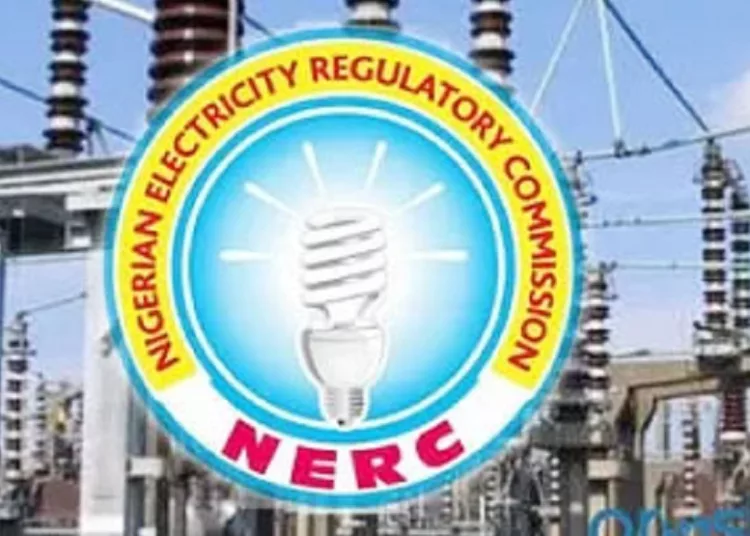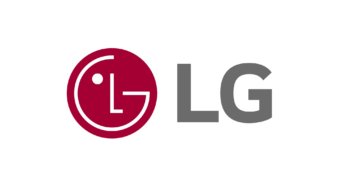The Nigerian Electricity Regulatory Commission (NERC) has underscored the significance of its Draft Net Billing Regulation as a transformative step toward enabling electricity consumers who generate excess power—known as prosumers—to sell surplus energy back to the national grid at fair value.
This move aims to stimulate private investment in renewables while strengthening grid resilience and expanding electricity access nationwide.
At a Public Consultation held in Abuja, NERC’s commissioner for Research and Data Analytics, Dr. Yusuf Ali, highlighted that the regulation aligns Nigeria with emerging global standards by establishing a clear, credit-based framework for the interconnection of customer-installed renewable energy systems.
The Net Billing Regulation enables customers to export excess renewable power where the excess is compensated under a standardised mechanism—an approach expected to accelerate Nigeria’s energy transition and market inclusiveness.
We are fostering a more participatory and forward-looking electricity market,”
Ali said, noting that the draft regulation is open for public review and amendments, with stakeholders including DisCos, NEMSA, state regulators, and development partners invited to provide insights.
“This is a draft meant to evolve through robust debate. We cannot let perfection stand in the way of progress.”The regulation is part of NERC’s response to rising demand from stakeholders after Nigeria added 63.5 megawatts of solar capacity in 2024—bringing total installed capacity to 385.7 MW—and recorded N125.3 billion worth of solar panel imports in the first quarter of 2025.
These figures illustrate growing private and public sector interest in decentralised energy solutions, particularly in rural and off-grid areas.
Dr. Ali emphasised that the regulations comply with Sections 46 and 48 of the Electricity Act 2023, which guide the commission’s consultation and regulatory processes. The final version will take effect once approved by the Commission.
Also speaking, Head of the Sustainable Energy Planning and Access component at the Nigerian Energy Support Program (NESP) of GIZ, Milos Karic, praised NERC’s leadership and highlighted the partnership’s role in advancing key regulatory milestones such as the Mini-Grid Regulations.
“This regulation empowers consumers to actively participate in the energy market and signals to investors that Nigeria is poised to embrace sustainable, reliable energy.”
On his part, the programme manager for Energy and Circular Economy at the EU Delegation to Nigeria and ECOWAS, Godfrey Ogbemudia,noted the regulation’s alignment with the EU Green Deal and global best practices adjusted for Nigeria’s unique market context.
“The EU remains committed to supporting Nigeria’s clean energy agenda and decentralised energy projects.”
NERC’s net billing framework encourages private sector growth, promotes renewable energy integration, and contributes to a more resilient national grid—marking a significant milestone in Nigeria’s sustainable energy future.





